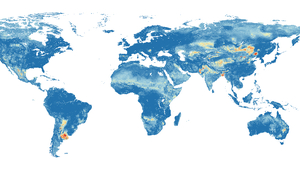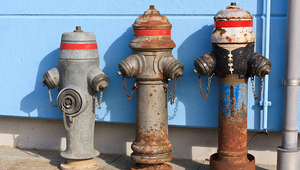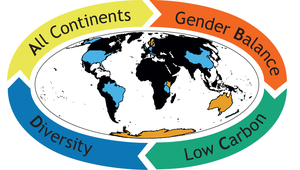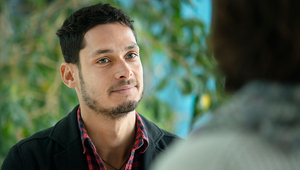Archive News
May 11, 2020
April 24, 2020
April 8, 2020
November 19, 2019
July 30, 2019
July 25, 2019
July 8, 2019
May 17, 2019











